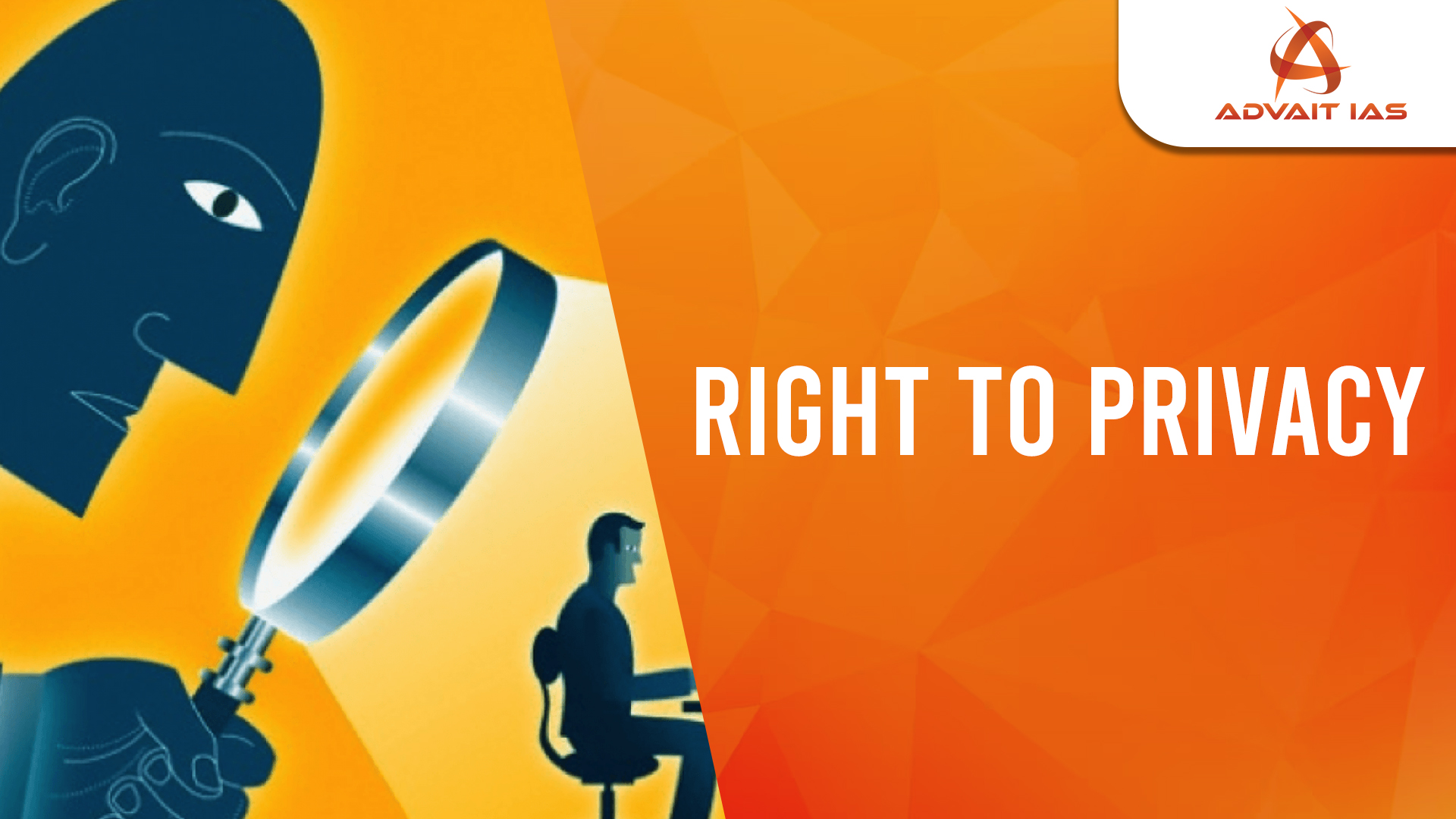Justice K.S. Puttaswamy, a former Karnataka High Court judge, passed away at 98 in Bengaluru.
- He was known for his significant role in challenging the Aadhaar scheme and advocating for privacy as a fundamental right.
Aadhaar Challenge:
- Justice Puttaswamy initially challenged the Aadhaar identification scheme, claiming biometric registration and public linkage violated citizens’ privacy rights.
- He argued that the scheme infringed on the right to privacy derived from Article 21 of the Indian Constitution, which pertains to the fundamental right to life.
- His litigation led to a landmark Supreme Court ruling in August 2017, establishing privacy as a fundamental right.
What is Right to Privacy?
- Generally understood that privacy is synonymous with the right to be let alone.
- As per K.S. Puttaswamy v. Union of India in 2017 – Right to Privacy is a fundamental and inalienable right under Article 21.
Restrictions (as stated in the Judgment):
The right can be restricted only if the state action meets three criteria:
- It must have a legislative mandate.
- It must pursue a legitimate state purpose.
- It must be proportionate, i.e., necessary in a democratic society and the least intrusive means to achieve the objective.
Significance of the Right to Privacy
- Ensures Individual Autonomy: Protects personal choices and freedom from interference.
- Protects Personal Data: Prevents misuse by ensuring legitimate and proportional data use.
- Upholds Human Dignity: Allows control over personal life and space.
- Strengthens Other Rights: Supports rights like free speech, bodily integrity, and personal relationships.
- Limits State Power: Requires legal, legitimate, and proportional state actions.
- Fosters Democracy: Promotes free expression and participation without fear of surveillance.
What are the Government Steps to Protect Privacy?
- B N Srikrishna Committee:
-
- Government appointed a committee of experts on data protection under the chairmanship of Justice B N Srikrishna that submitted its report in July 2018.
- Information Technology Act, 2000:
-
- The IT Act provides for safeguard against certain breaches in relation to data from computer systems. It contains provisions to prevent the unauthorized use of computers, computer systems and data stored therein.
The Right to Privacy, recognized as fundamental by the Supreme Court, plays a crucial role in protecting individual autonomy and personal data. Ongoing efforts, including legislative safeguards and the B.N. Srikrishna Committee’s recommendations, aim to uphold this right in the digital age.






